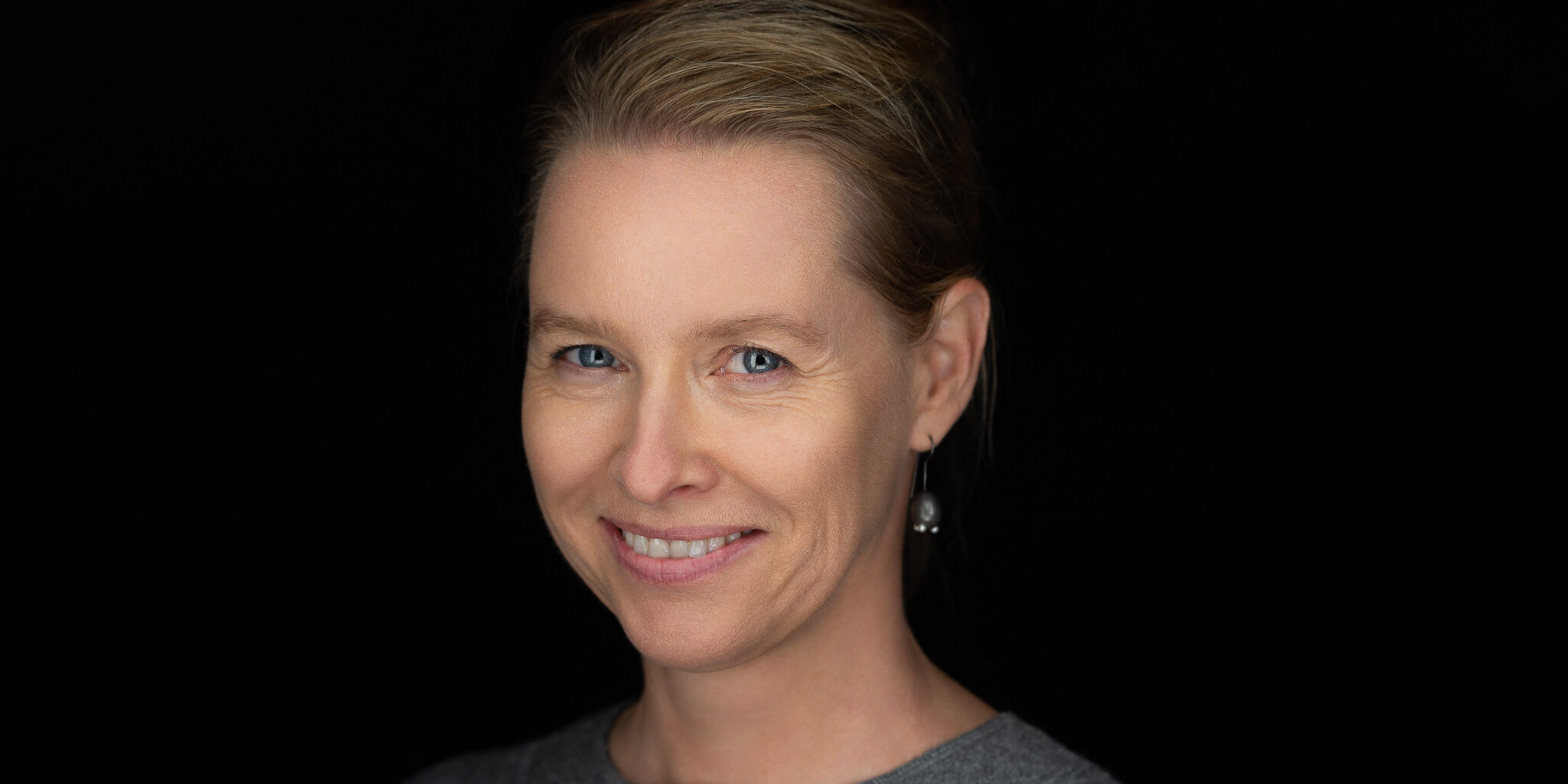Eva Horn at the Department of German Studies leads the “Landscape, Life and Form” project.
Description:The projects asks for the aesthetical and poetic implications of the Anthropocene. How can literature present and narrate this new mode of existence? Which literary forms are able to address this insight and represent the new understanding of nature?The project’s basic assumption is that such a poetics of the Anthropocene is above all a reflection on form: natural forms (organisms, landscapes) but also literary form (genre, narrative forms, style). The project’s corpus ranges from Döblin, Handke, Frisch and Sebald to the most recent work of Schrott, Ruoff, Jirgl, C. Enzensberger, Dath and Weiss, and will be, if necessary, supplemented with new publications in the course of the project. It addresses these texts under two aspects: (1) it asks how forms of nature – landscapes and organisms – are addressed and which scientific theories of geology and evolution they take up and re-write; (2) it analyses the experiments in form – the play of genres, narrative modes, types of text, etc. – that literary texts engage in with regard to the Anthropocene.
On the basis of these elements of form, the goal of the project is to elaborate a poetics of the Anthropocene. The researchers assumption is that the Anthropocene not only changes the human relationship to nature and the world, but also solicits a literary self-reflection that gives rise to an extensive exploration of literary forms and genres. The project aims to analyze the different forms this literary self-reflection takes. The researchers wish to demonstrate how literature itself becomes a medium for reflection on the relation between humans and nature in the Anthropocene.
Collaborators: Dr. Vera Thomann, University of Vienna. FWF
Duration: 5 years (01.09.2020 – 31.08.2025)
